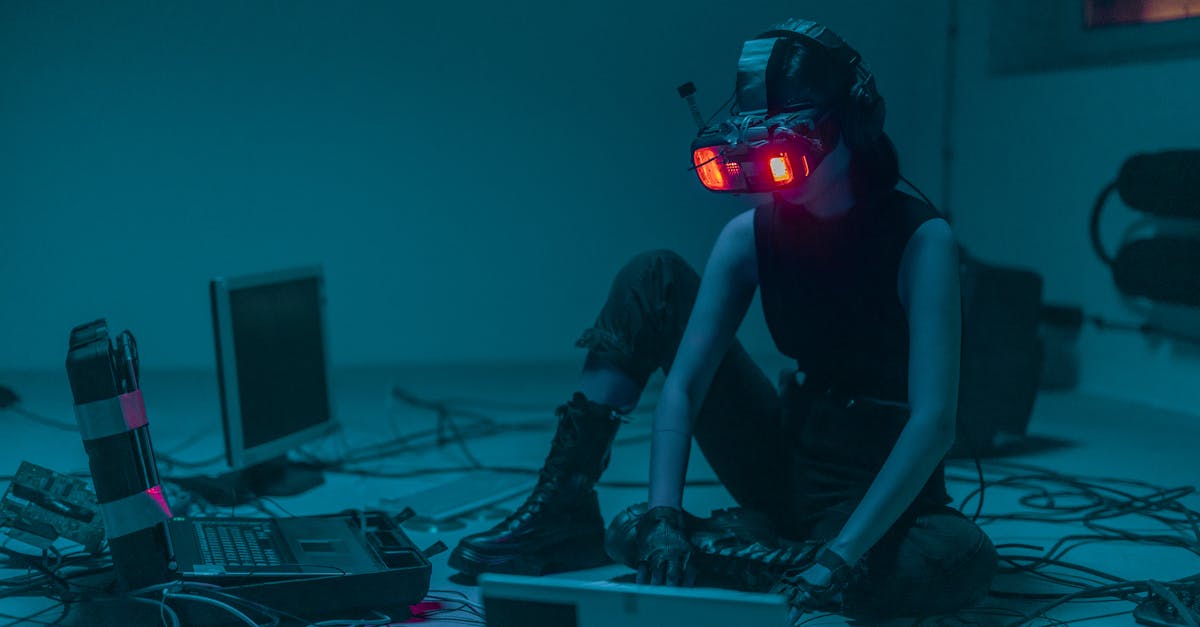Metaverse Expansion and Virtual Worlds as Modern Frontiers
Introduction
The metaverse, a virtual universe where digital and physical realities blend, is rapidly expanding, becoming the next big frontier in technology and human interaction. Driven by advances in AR, VR, and blockchain, virtual worlds offer boundless possibilities for socialization, commerce, education, and entertainment. As tech giants and startups pour resources into developing immersive experiences, the race to establish digital realms accelerates. Major companies like Meta (formerly Facebook) envision a future as interconnected virtual spaces replace traditional internet experiences. How will this shift revolutionize everyday life, and what challenges lie ahead in this uncharted digital territory? Exploring the metaverse is crucial in understanding how these emerging virtual worlds influence modern society.
Advertisement
What is the Metaverse?
Picture a digital landscape where individuals immerse themselves in a shared, persistent online environment, transcending geographical limitations. The metaverse is an amalgamation of various digital experiences—augmented reality (AR), virtual reality (VR), and even extended reality (XR)—merging to form seamless worlds. Contrary to traditional websites and apps, where users interact in flat, 2D spaces, the metaverse offers 3D worlds that users can explore, inhabit, and alter. It's an evolving spectrum of connected experiences, ranging from simple VR environments to complex social ecosystems, powered by blockchain and decentralized platforms. The possibilities are endless, as the metaverse becomes a digital extension of real life.
Advertisement
Economic Opportunities
The metaverse has opened unprecedented economic opportunities, revolutionizing the way we work and consume. Digital real estate has become a hot commodity, with individuals and businesses investing in virtual lands just as they would in physical property. A booming virtual economy is taking shape, featuring 'play-to-earn' models where users engage in activities and earn real-world income via cryptocurrencies. Major brands see the potential in establishing virtual storefronts, offering immersive retail experiences. As traditional sectors like fashion, art, and real estate transition into the metaverse, new business models and revenue streams emerge, reshaping the global economy. This digital frontier is redefining what it means to work, invest, and earn.
Advertisement
Social and Cultural Impact
Social interaction stands at the core of the metaverse's evolution, transforming how people connect and relate across distances. Unlike social media platforms that thrive on passive engagement, virtual worlds encourage active participation, enabling users to meet, collaborate, and form communities in novel ways. These connections extend beyond merely socializing, as concerts, art exhibitions, and global conventions break traditional barriers. Cultural expressions flourish, with users showcasing creativity in avatars, virtual spaces, and digital art. However, there's a looming risk: could the metaverse become an echo chamber, complicating discussions on inclusivity and human rights? The digital realm's dynamism poses both opportunities and challenges in shaping social bonds.
Advertisement
The Role of Technology
Technology forms the backbone of the metaverse, with VR, AR, and blockchain innovations driving its progress. Advanced hardware, such as headsets and haptic suits, provides portals to immersive experiences by enhancing sensory immersion. Meanwhile, blockchain technology ensures transactions' security and transparency, paving the way for decentralized financial systems within these worlds. With 5G connectivity and AI integration enhancing real-time interactions, the technological foundation of the metaverse continues to strengthen. Yet, as the ecosystem grows, it faces hurdles like ensuring seamless cross-platform accessibility and addressing concerns related to privacy, security, and data ownership.
Advertisement
Challenges in Metaverse Expansion
Despite revolutionary potential, the metaverse's expansion is fraught with challenges requiring strategic solutions. One primary concern is the 'digital divide,' exacerbating disparities in access and education across different regions. Privacy concerns loom large as data ownership and control become prominent topics, especially as users share vast amounts of personal information in these spaces. Misuse of anonymity could facilitate harmful activities, raising questions about governance and moderation. Moreover, the hyper-realistic nature of virtual experiences presents ethical dilemmas, blurring lines between reality and simulation. Addressing these challenges is vital to ensuring the metaverse becomes an inclusive and secure digital frontier.
Advertisement
Applications in Education and Training
Educational institutions and corporations are leveraging the metaverse to create dynamic learning and training environments. Through simulators and interactive simulations, learners engage with subjects in innovative and memorable ways. This revolutionizes traditional education models, offering students and professionals hands-on experiences without geographical constraints. From virtual classrooms to corporate onboarding, the metaverse facilitates personalized training, skill development, and lifelong learning. Yet, it raises questions about equitable access as not all institutions possess the resources to invest in such technology. Attention to inclusivity and collaboration with educators is vital to maximize the metaverse's educational potential.
Advertisement
Entertainment and Beyond
The entertainment industry spearheads the metaverse's adoption, evolving how audiences consume and engage with content. Virtual concerts, movie releases, and immersive gaming experiences captivate users, going beyond passive viewing. Creative possibilities are endless, with artists and creators building worlds where their narratives come to life interactively. Additionally, the fusion of gaming and social interaction offers unique experiences, expanding the boundaries of storytelling. Yet, as entertainment morphs in virtual landscapes, traditional boundaries blur, raising questions about intellectual property rights and content moderation. The confluence of technology and creativity defines entertainment's evolving role in this digital cosmos.
Advertisement
Health and Well-Being
The metaverse harbors significant potential to enhance health care and well-being by offering virtual environments for therapy and rehabilitation. Telemedicine transforms into virtual clinics, allowing patients and health professionals to interact in real-time. From therapy apps to chronic disease management, the availability of personalized care becomes conceivable. However, a balance must be struck, considering issues of accessibility, data privacy, and impacts on mental health. While the digital realm facilitates innovative healthcare solutions, constant vigilance is essential to prevent potential adverse effects on physical and mental well-being, ensuring the metaverse enriches human lives without overshadowing reality.
Advertisement
Conclusion
The metaverse stands on the brink of transformation, extending its digital influence on all facets of society—economics, culture, education, and beyond. Navigating this uncharted territory requires embracing new opportunities and addressing emerging challenges. Its impact ripples across industries, reshaping traditional paradigms and fostering novel experiences. While promising, thoughtful consideration of inclusivity, security, and ethical frameworks is critical to ensuring that the metaverse develops into a forward-thinking and equitable frontier. As technology advances and society adapts, the metaverse could transcend its virtual origins, ultimately shaping the future in ways once restricted by imagination.
Advertisement
